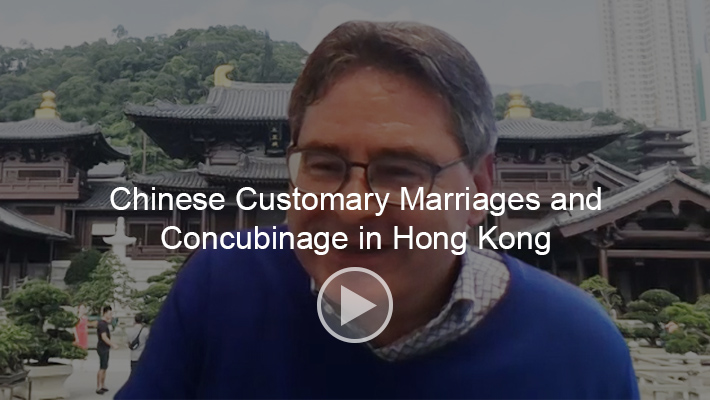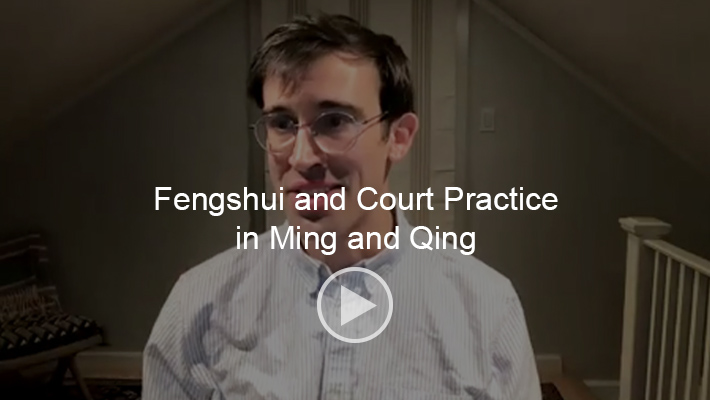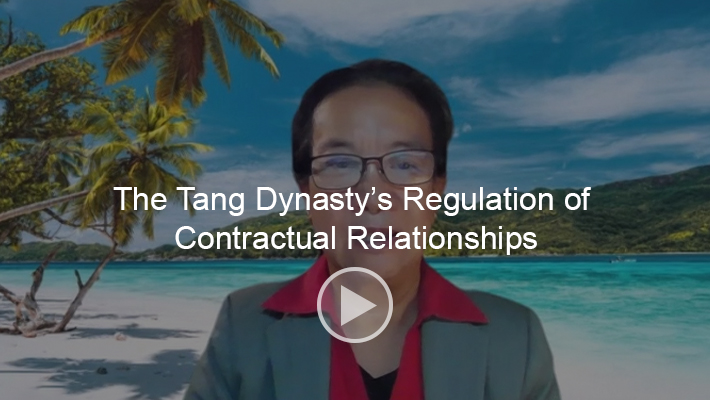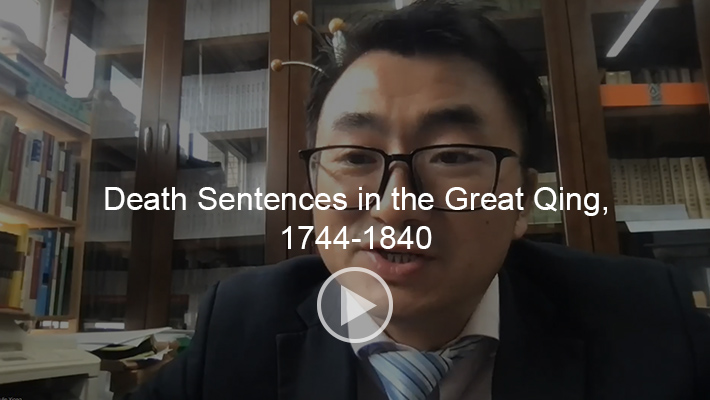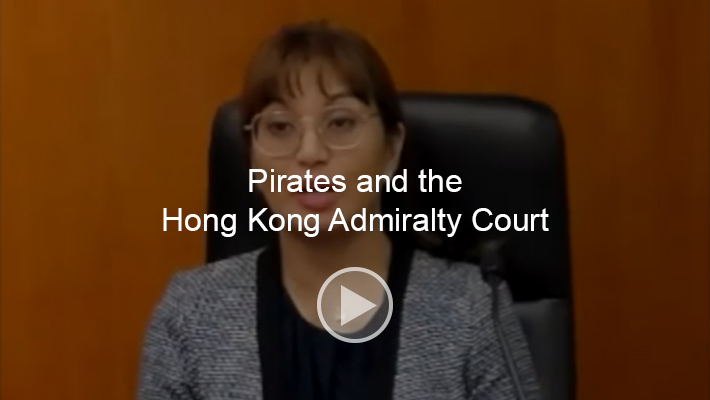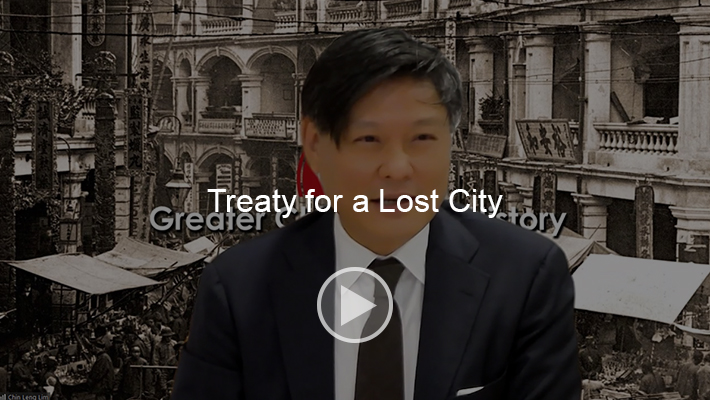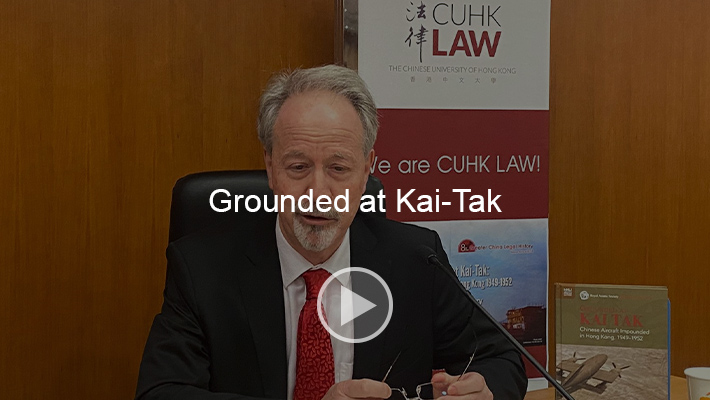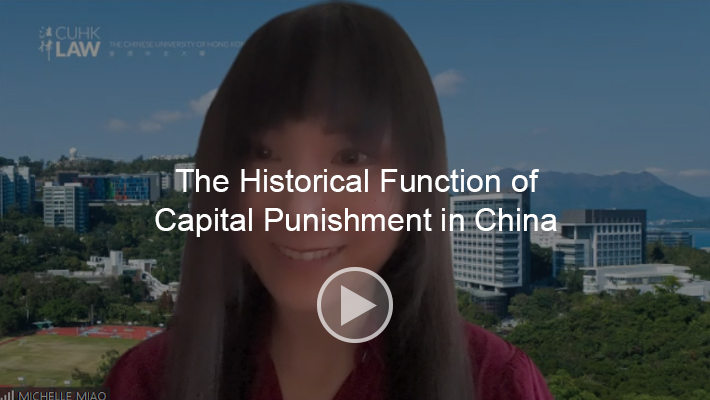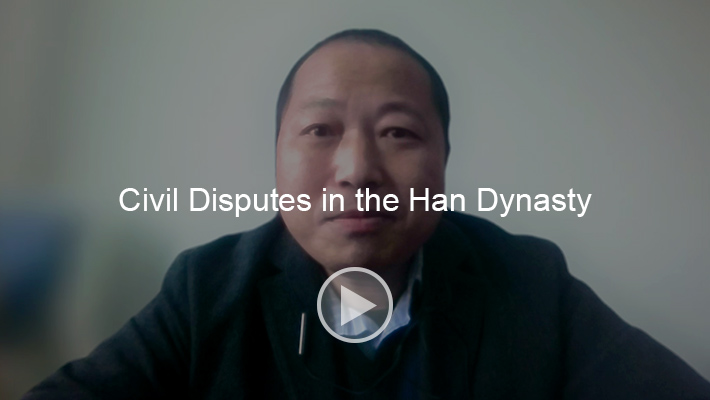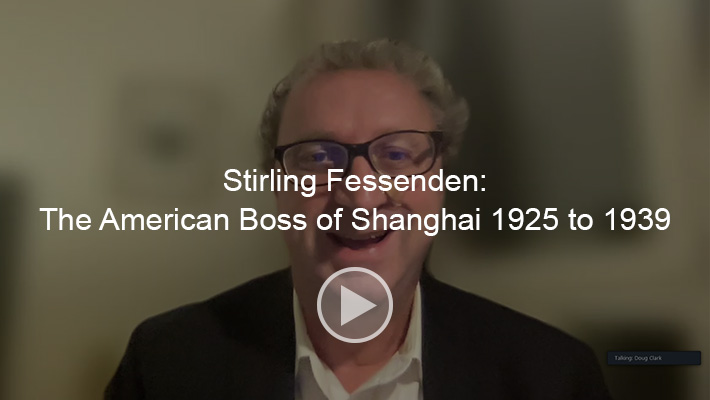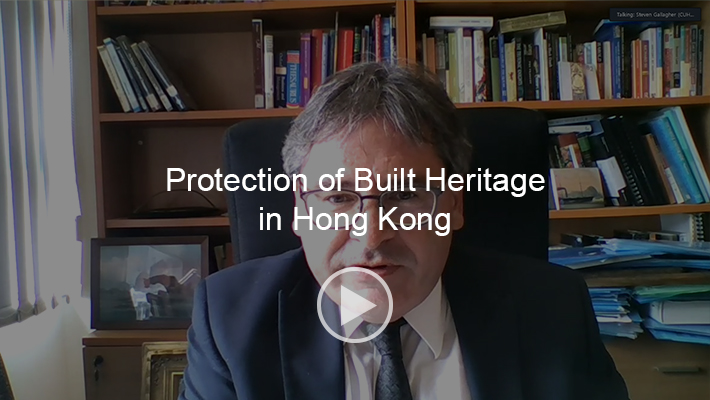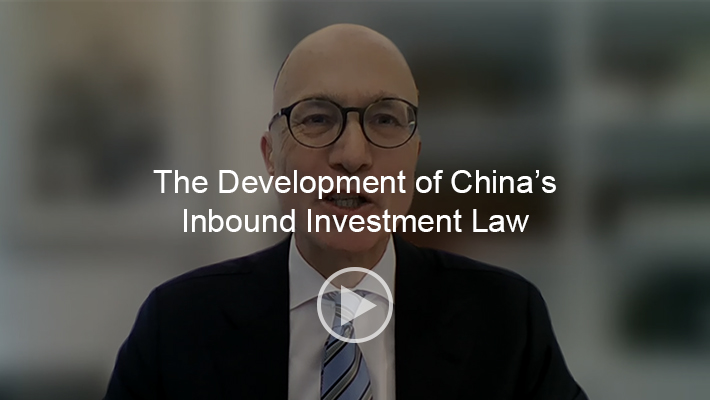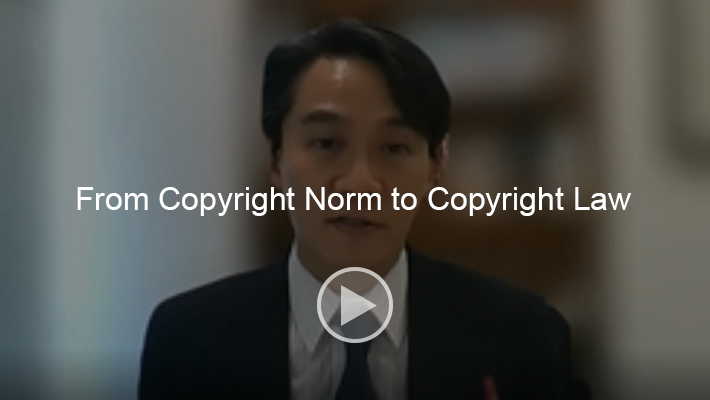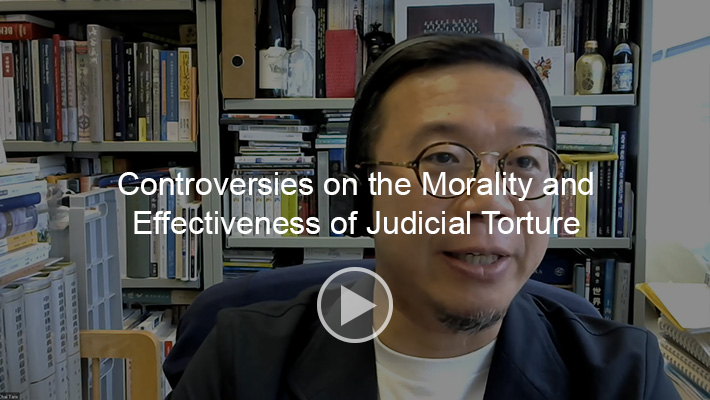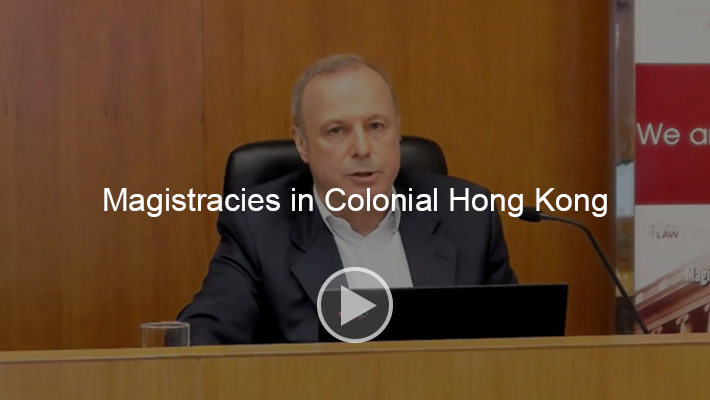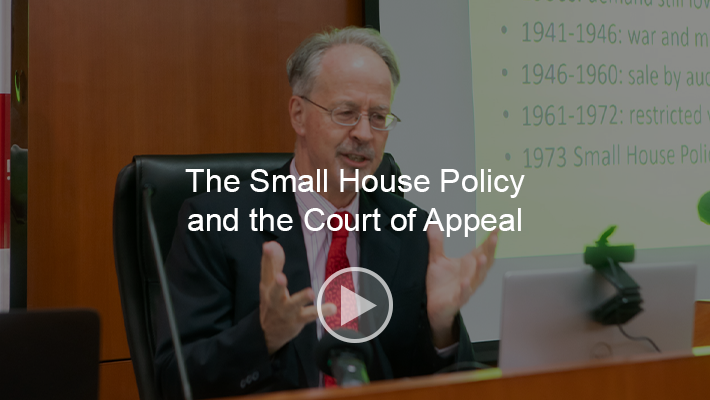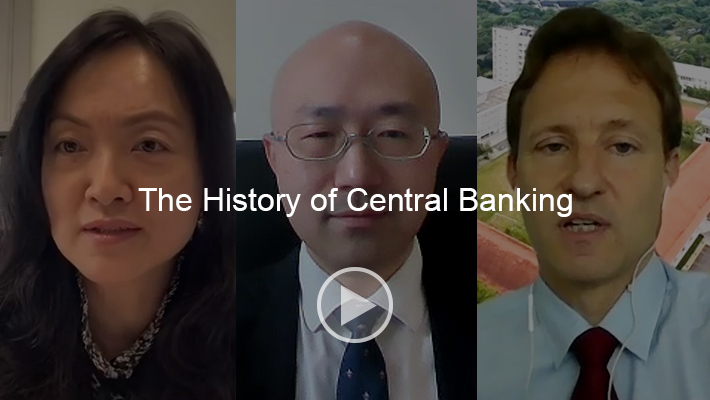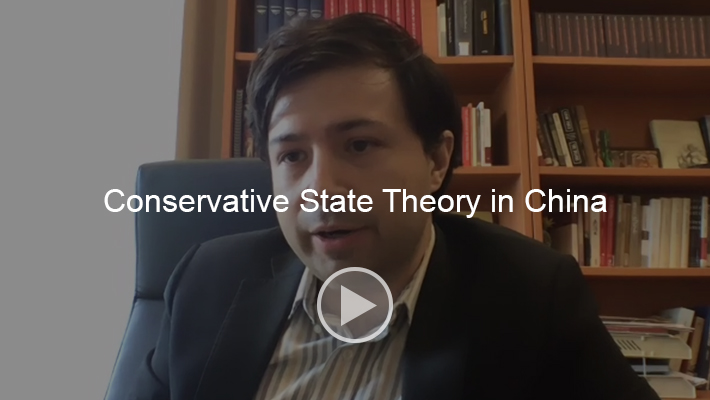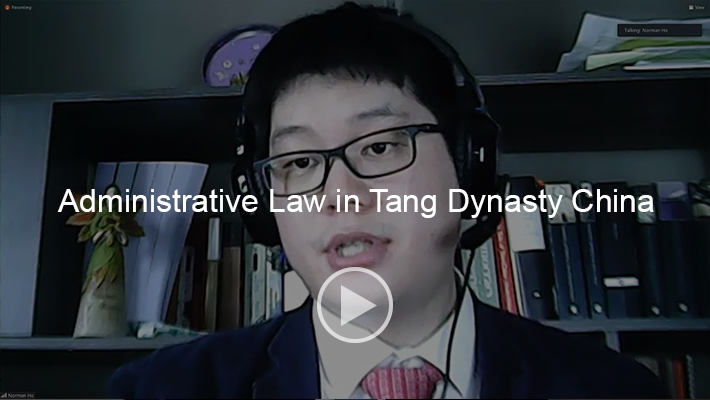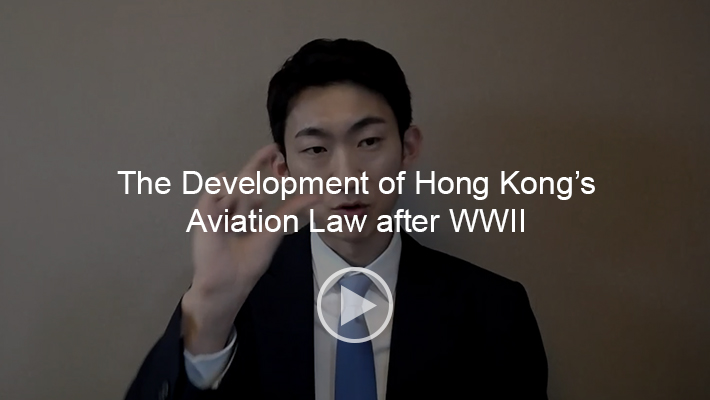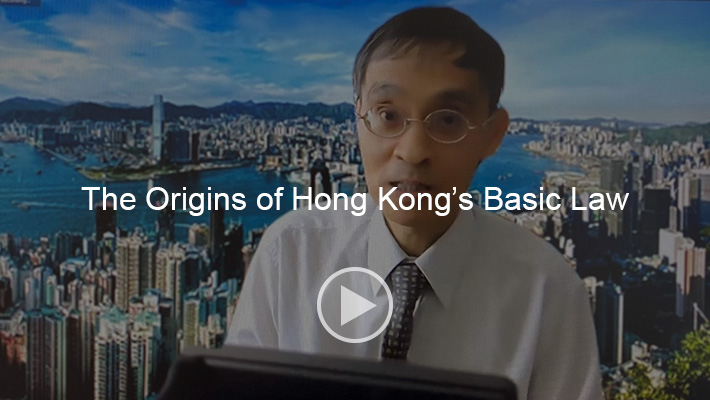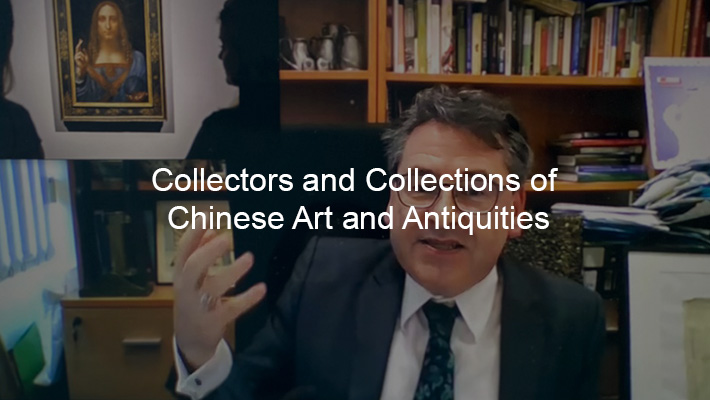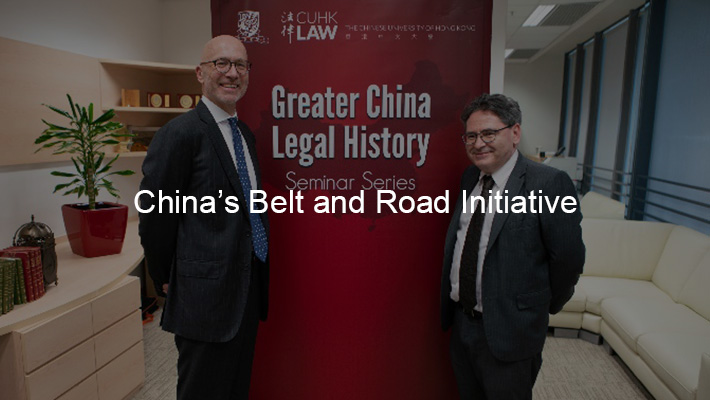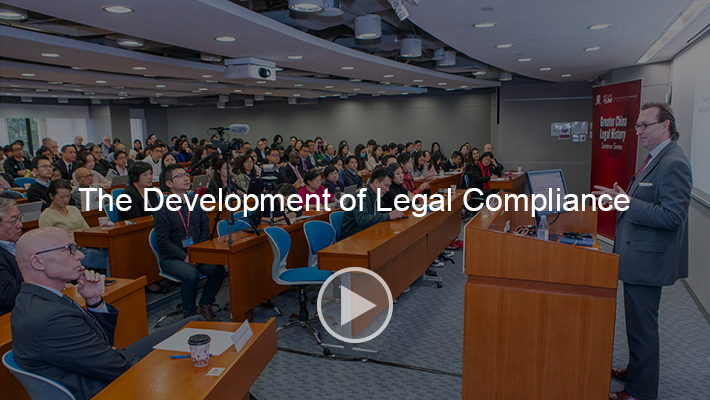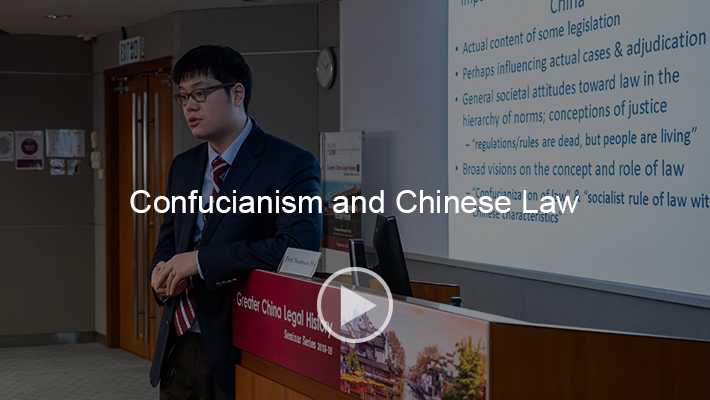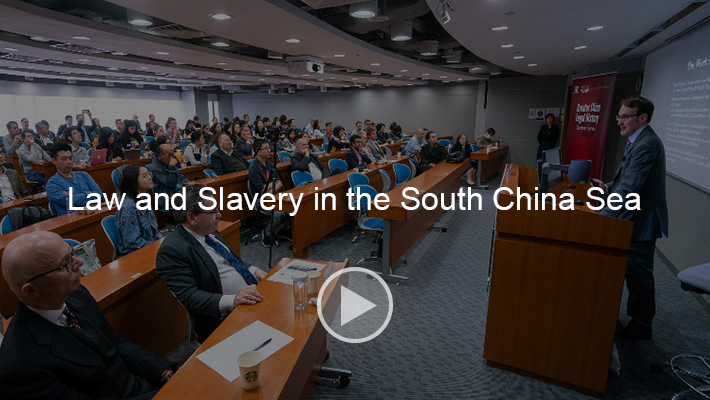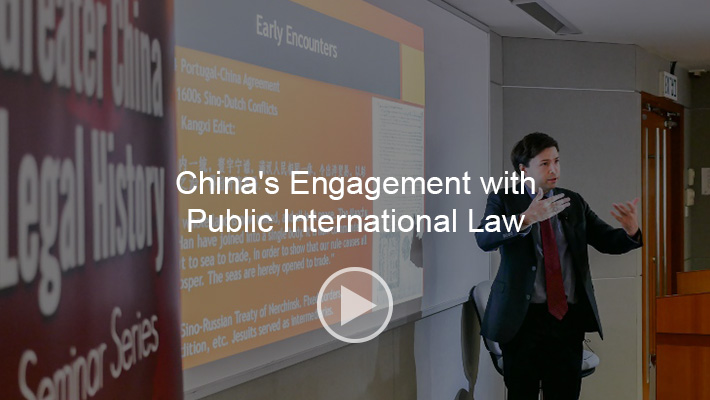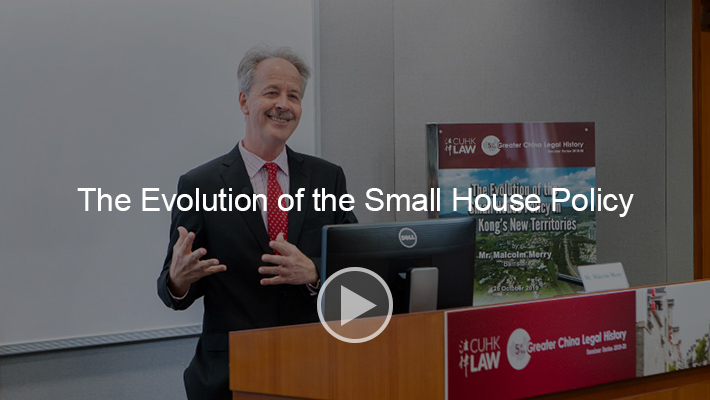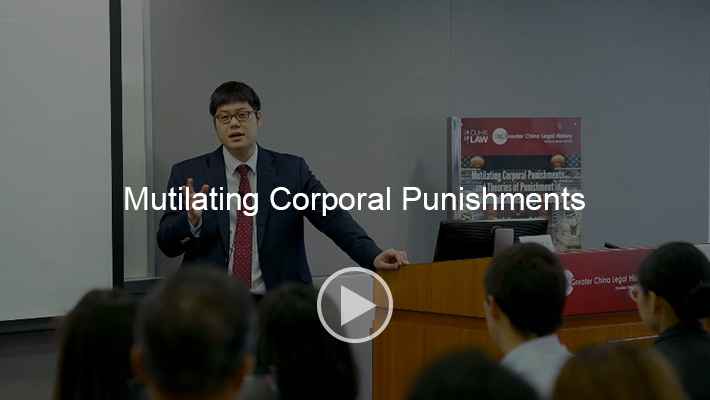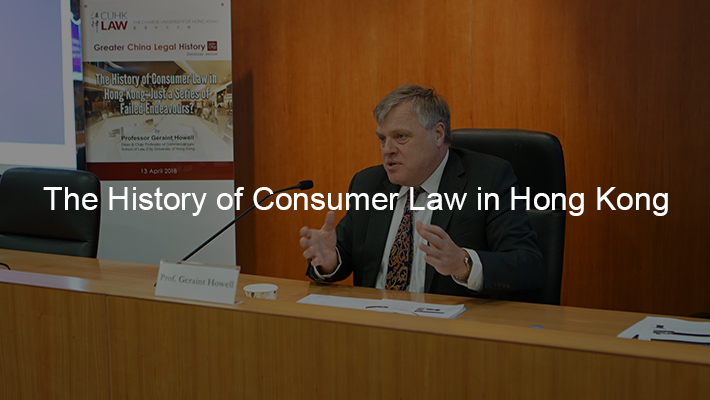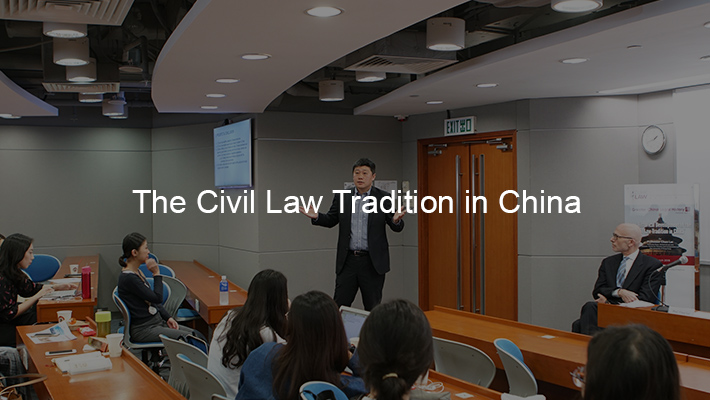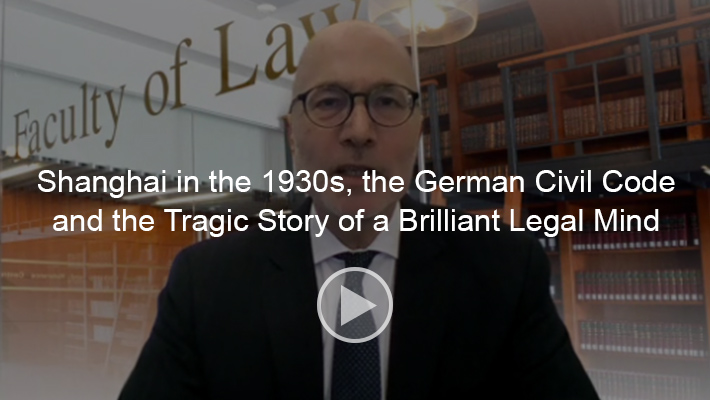
Greater China Legal History Seminar Series – ‘Shanghai in the 1930s, the German Civil Code and the Tragic Story of a Brilliant Legal Mind’ by Prof. Lutz-Christian Wolff (Online)
16 January 2015
Customary Law in Republican China
Friday, 16 January 2015
12:30 pm – 2:00 pm
The Warren Chan Moot Court, CUHK Graduate Law Centre
2/F, Bank of America Tower
Central, Hong Kong
Conducted in English
with
Professor Billy Kee-long So
Head and Chair Professor, Division of Humanities, Hong Kong University of Science and Technology
Professor Chao Xi
Associate Professor, Faculty of Law, The Chinese University of Hong Kong
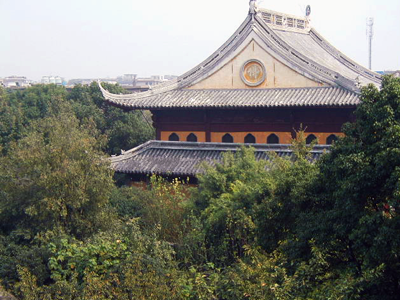
Download the seminar presentation:
[PDF, 1.1 MB]
Abstract:
The Chinese legal system underwent a fundamental change during the Republican era, from 1912 to the 1930s. This change was mainly through the transplant of new legal components from the West in order to modernise the legal system to the extent that the Western powers would voluntarily abolish extraterritoriality in China. One of the major legal categories transplanted to China during this process was a customary law whose substance was ironically supposed to have been indigenous. In this seminar, the speakers focued on the role of customary law in the commercial law domain. They covered the areas of a) commercial organisations and their legal liabilities, b) commercial laws and their court interpretation regarding customary law, c) customary laws in ADR, and d) the legal category of customary law itself in Chinese legal scholarship. The seminar explored the broader issues of global convergence vs. local adaptation and transmission of legal knowledge vs. its localisation using these empirical cases and materials.
Biographies:
Billy Kee-long So (PhD ANU, 1983) taught first at the National University of Singapore and then the Chinese University of Hong Kong (CUHK), where he also served as Chairman of History Department, University Registrar, and Associate Pro-Vice-Chancellor. Since 2011, he has been with the HKUST as the Head of Humanities Division. Prof So co-edits (with Madeleine Zelin) the book series of Modern East Asia in Global Historical Perspective published by Brill and edits a forthcoming book series of 21st-Century History of Chinese Legal Culture, to be published by Zhejiang University Press. He is author of Prosperity, Region, and Institutions in Maritime China (Harvard, 2000), and co-edited or edited volumes including Cultural Narratives of Urban Space in Republican Chinese Cities (Brill, 2013), The Economy of Lower Yangzi Delta in Late Imperial China (Routledge, 2012), Treaty Port Economy in Modern China (Berkeley, 2011), and Power and Identity in the Chinese World Order (HKU, 2003). His articles have appeared in such journals as Tsinghua Law Journal, Hong Kong Law Journal, Faxue (Shanghai), Annales: Histoire, Sciences Sociales (Paris), Lishi yanjiu (Beijing), Journal of Economic and Social History of the Orient (Leiden), Journal of Southeast Asian Studies (Cambridge), Annals of GIS (London), Journal of Sung & Yuan Studies (Berkeley), and T’oung Pao (Ledien), among others. He also contributed to Oxford International Encyclopedia of Legal History (Oxford, 2010). In recent years, his research interests cover Chinese legal tradition and modernization in comparative perspective, corporate law and culture in historical perspective, business history and institutional economic history, and most lately Social Darwinism in legal modernization of modern China and Meiji Japan.
Chao Xi (PhD Lond) is Associate Professor at the CUHK Faculty of Law, where he concurrently serves as Director of the Chinese Law Programme at the Hong Kong Institute of Asia-Pacific Studies. Prof Xi specializes in comparative corporate law, securities regulation and financial regulation, and has published extensively in leading peer-reviewed international journals. His research has received significant funding support from the Hong Kong SAR Government Research Grants Council, the PRC Ministry of Education and the Sumitomo Foundation. Prof Xi is also a Member of the Chartered Institute of Arbitrators (CIArb).

